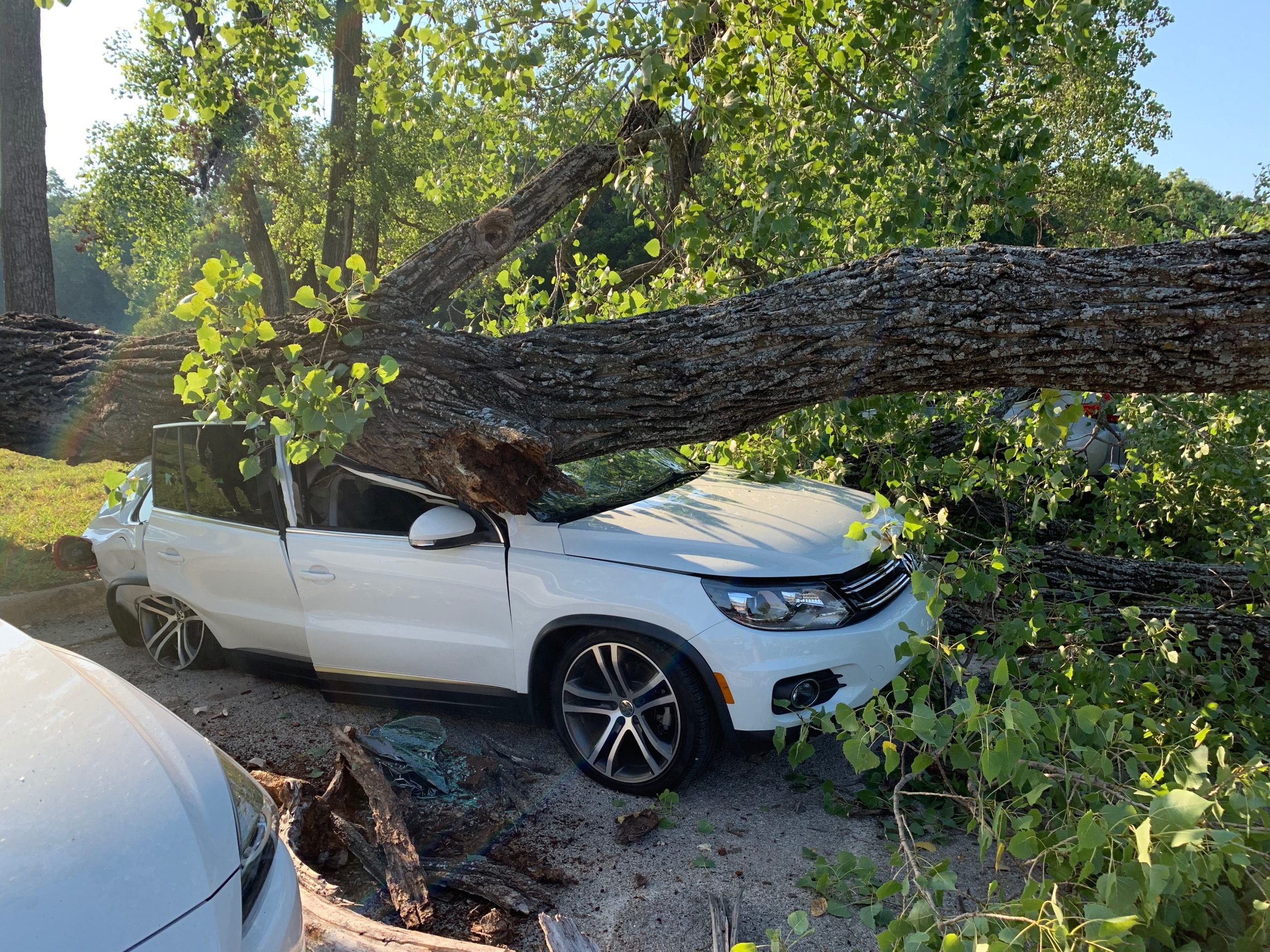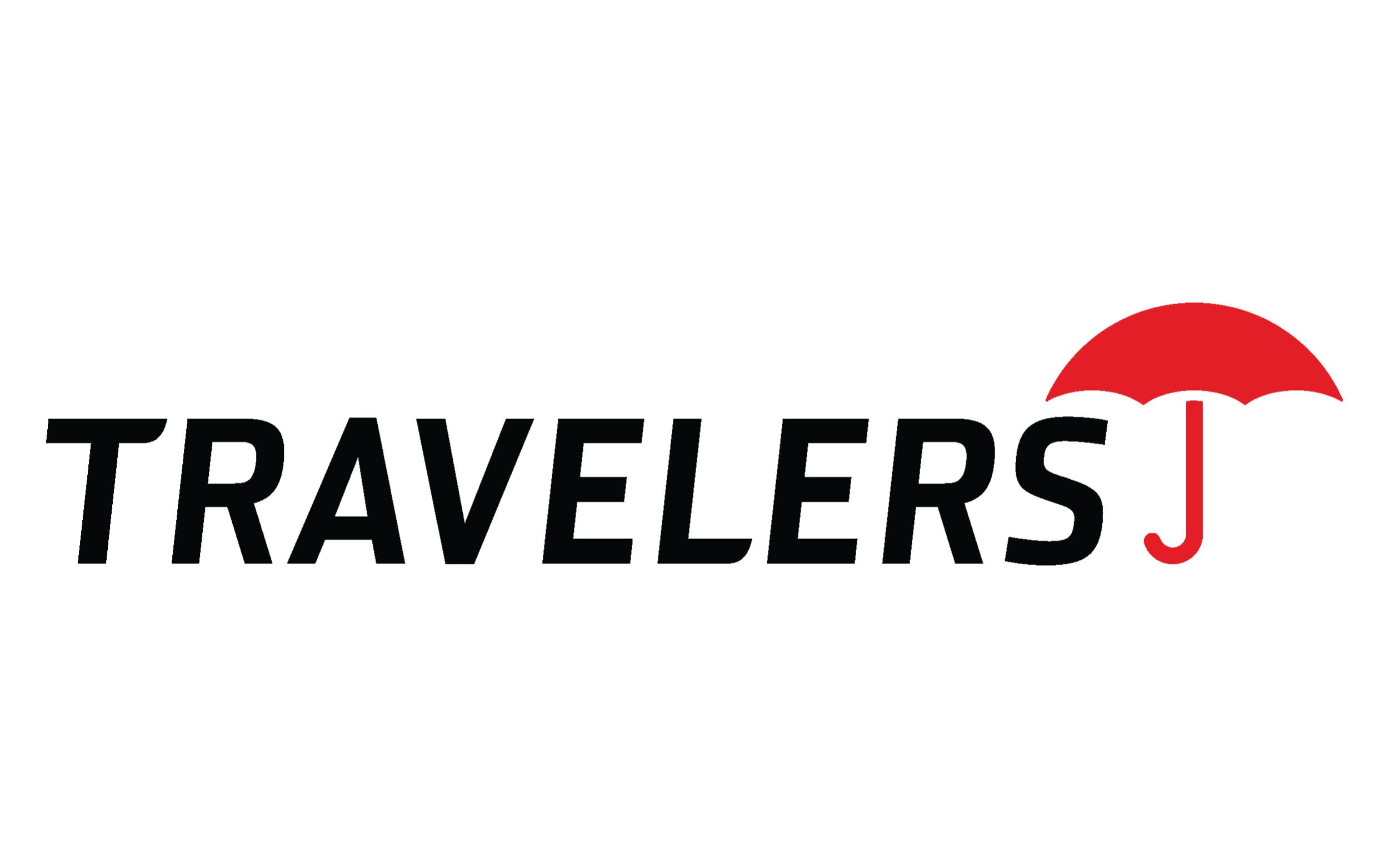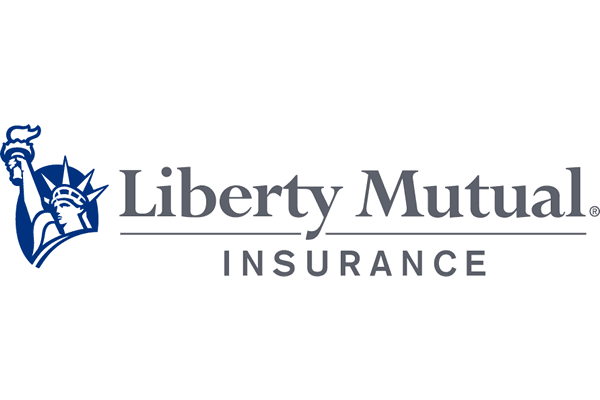Do I need comprehensive insurance?

Comprehensive insurance coverage is defined as optional coverage that protects against damage to your vehicle caused by non-collision events that are outside of your control. This includes theft, vandalism, glass and windshield damage, fire, accidents with animals, weather, or other acts of nature. Though often referred to as “comprehensive insurance,” comprehensive coverage refers to a specific coverage on an existing policy, not a separate type of insurance. Note that lenders may require you to carry comprehensive when you finance or lease a vehicle.
What is Comprehensive insurance?
It is a coverage that protects your vehicle against unexpected damage that’s not caused by a vehicle collision. Such incidents may include:
-Theft
-Vandalism, fire, and explosions
-Windshield and glass damage
-Falling trees/limbs and other objects
-Rocks/objects kicked up by or falling off cars
-Storms, hail, wind, floods, lightning, and earthquakes
-Accidents with animals (e.g., hitting a deer)
When can I add comprehensive coverage to my policy?
You can typically add this coverage at any time to the following policies:
Auto insurance
Motorcycle insurance
RV insurance
Boat insurance
You may also be able to purchase comprehensive coverage for ATVs, golf carts, snowmobiles, and other types of vehicles.
Is comprehensive insurance required?
Comprehensive coverage is not required by law in any state, but it’s usually required by lenders if you are leasing or financing your vehicle. If you own your vehicle outright, you can decide whether comprehensive coverage is worthwhile.
Is it worth it?
If you are not required to obtain comprehensive coverage by your leasing or financing company, the question of whether you need comprehensive insurance will come down to the value of your car, your personal preferences, and your financial circumstances.
If your vehicle’s cash value is relatively low and you have a higher deductible, for example, it may not be worthwhile to carry comprehensive coverage. On the other hand, it may be worthwhile if your vehicle has a higher cash value, or you cannot afford the cost to repair or replace your vehicle out of pocket. If you prefer to be covered against any unforeseen events, then this solution may help give you peace of mind behind the wheel.
Is comprehensive insurance the same as full coverage?
Comprehensive insurance is defined as coverage for non-collision-related damage to your vehicle, which is why it’s sometimes called “other than collision” coverage. “Full coverage,” on the other hand, is an ambiguous term often used to refer to both comprehensive and collision coverage, plus any other coverage your state mandates. Liability is a required coverage in most states, for example, while comprehensive is optional.
Need help? Contact us today to review your policies and offer you the best alternatives, save money and time!
Embrace the advantage
Be the first to receive exclusive news, tips, and discounts straight to your inbox. Don't worry, we don't spam.
Get Started Today!














